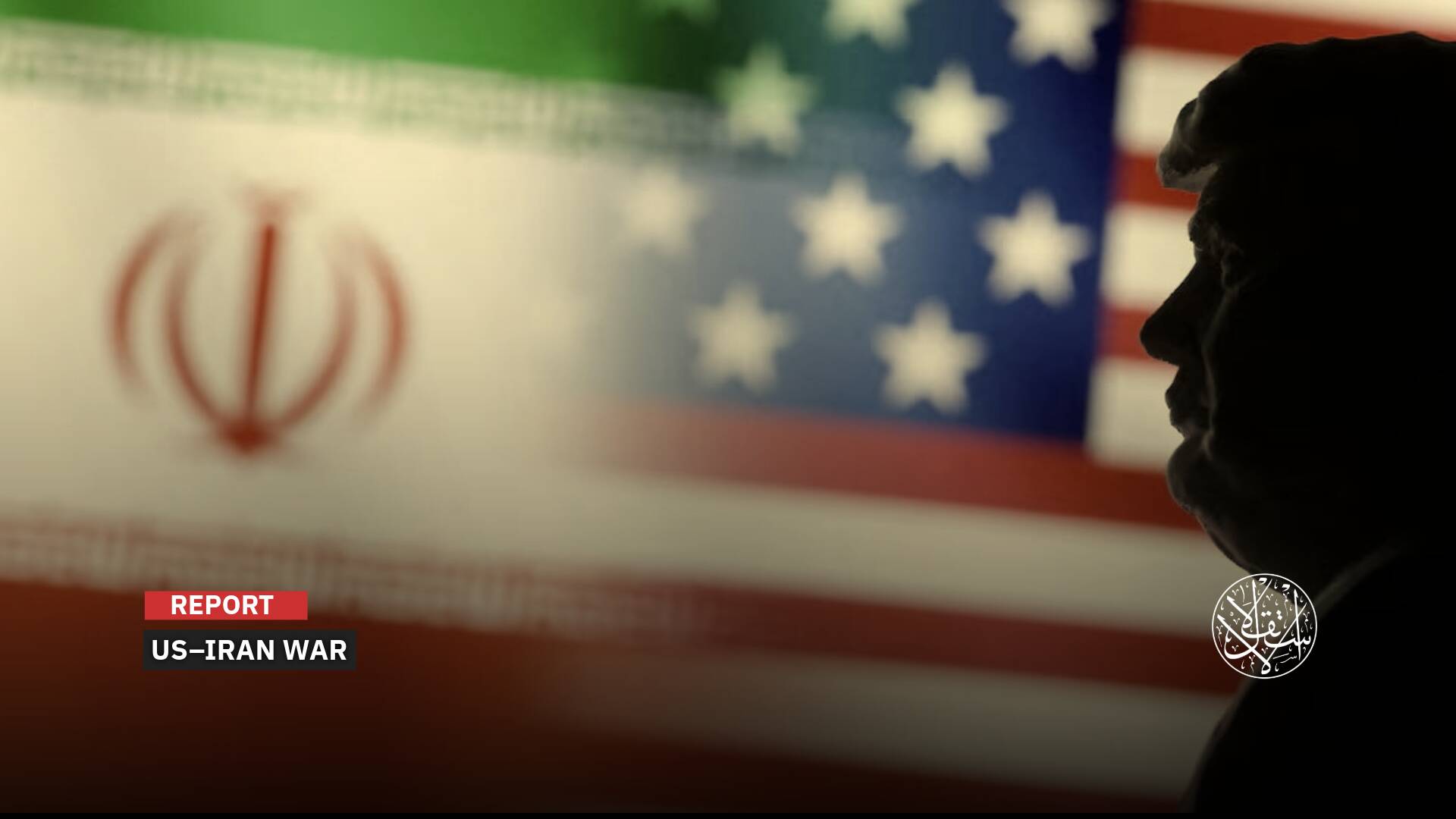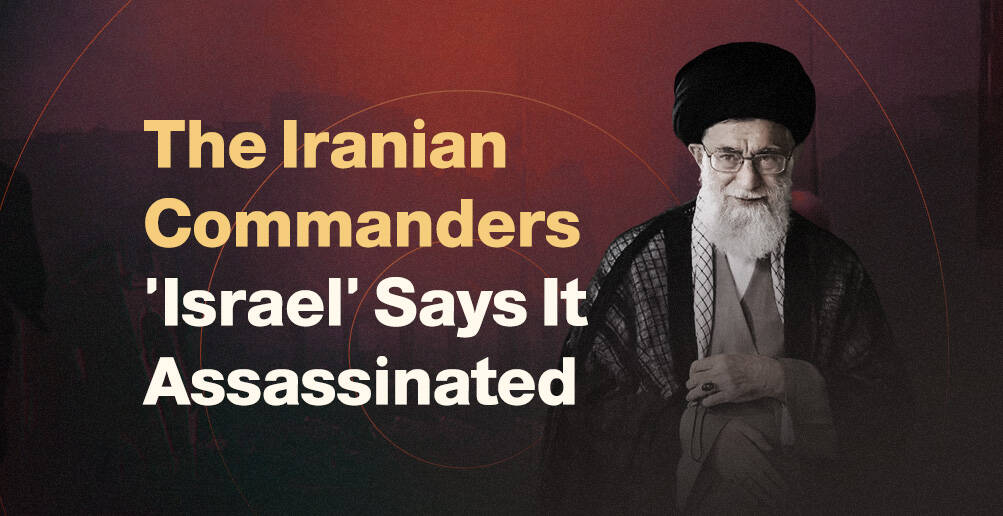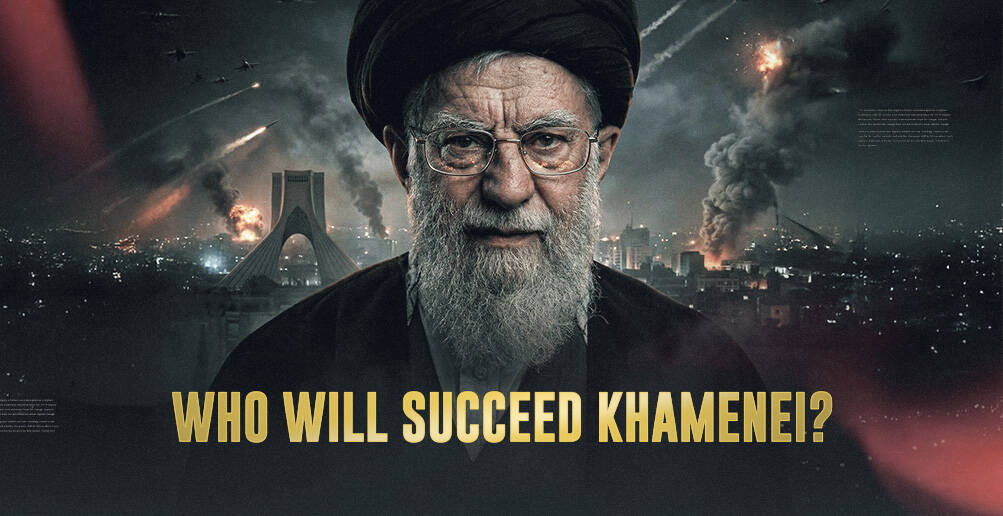Why Does the UAE Prefer Serbia for Its Suspicious Interests in Europe?

In early February 2023, the Serbian capital, Belgrade, witnessed the signing of an agreement to prevent money laundering with the United Arab Emirates, raising questions about the prevalence of this crime between the two countries.
The agreement was signed by representatives from the Anti-Money Laundering Directorate in the Republic of Serbia and representatives from the Financial Intelligence Department of the United Arab Emirates.
The UAE Ambassador to Serbia, Mubarak Saeed Burshaid al-Dhaheri, attended the signing ceremony where the Serbian Deputy Prime Minister and Minister of Finance, Sinisa Mali, gave a speech.
Best Friend
The Deputy Prime Minister of Serbia and Minister of Finance, Sinisa Mali, emphasized that the agreement will enable the institutions of both countries not only to cooperate better but also to strengthen their already strong economic relations: “Relations between Serbia and the United Arab Emirates have never been better, and there is room for further development. further,” said Mali.
The Serbian Deputy Prime Minister described her country’s relationship with the UAE as having reached an unprecedented degree of cooperation and coordination.
Serbia is a small European country whose area does not exceed 77.4 thousand Km2, located in the southeast of the old continent, and plays a key role in the strategic Balkan region.
This country has become the owner of complex relations with the Emirates, as Abu Dhabi has invested billions of dollars in various sectors such as weapons development, real estate, and trade exchange.
How did the relations reach this point? And why does the Gulf state focus on Serbia as a springboard for its influence in that part of the world?

On February 26, 2023, Eurasia Review published an analysis of the development of UAE–Serbia relations since 2012, stating that “along with France, Italy, Russia, China, and Azerbaijan, the UAE has become part of the ‘elite circle’ of countries with which Serbia has strategic partnership agreements.”
This noteworthy development came after a rift between the two countries in 2008, which escalated to the point of cutting off diplomatic relations and waging a diplomatic war following Serbia’s aggression against Kosovo.
Even in the mid-1990s, the relationship was extremely poor due to the Serbian War in Bosnia and Herzegovina. At that time, Serbia was angered by the UAE’s financial and military support of the Bosniaks and Abu Dhabi’s contribution to sending fighters there.
According to the Eurasia Review, significant transformations have taken place in diplomatic, economic, and military relations between the two countries in recent years.
“It is a reminder that in recent years the diplomatic, economic, and military relations of the Republic of Serbia and the UAE have risen to very high levels, so the Serbs themselves state that they now perceive the UAE as ‘Serbia’s best friend in the Arab world,’ according to Eurasia Review.
The Emiratis benefit geopolitically from the strategic partnership with Belgrade, as UAE policymakers seek to push Turkiye’s influence outside of Serbia and the entire Western Balkans region.
Therefore, the motives are purely pragmatic on the part of UAE leader Mohammed bin Zayed and Serbian President Aleksandar Vucic, whose political prudence and pragmatism led to a 180-degree turn in the previously bad relations.
It is also stated that the UAE played on its influence and money to achieve economic and political gains, especially as Serbia suffers from a comprehensive economic crisis, with public debt and high unemployment rates.
Meanwhile, Serbian factories have declined in competitiveness with the rest of Europe; the country needs foreign direct investment that can give a positive and healthy boost to its deteriorating economy, which is still recovering from international sanctions in the 1990s due to its aggression against Bosnia and Herzegovina.
However, there is a deeper role than just apparent investment and advanced diplomatic relations between Abu Dhabi and Belgrade.
In August 2014, Gulf Online reported that Emirati investments were focused on arms trading, which was used in conflict zones in the Middle East. The report stated that the majority of those investments are secret and have undisclosed objectives.
It was confirmed that this has nothing to do with material profits but rather the use of the Gulf state’s relations and investment strategies in Serbia to strike at Turkiye’s presence in the Balkans.
About the reasons why the UAE chose Serbia specifically to play that role, a Balkan Network investigation for investigative journalism in 2016 revealed that Serbia is one of the most important centers of illegal arms trade in Europe. The investigation stated that it exported weapons worth more than a billion dollars to countries in the Middle East, led by the UAE.
The UAE, in turn, transferred the weapons to Syria, which at the time was witnessing battles between the Bashar Al-Assad regime and its supporters from Iran, Russia, and Hezbollah on one side and the Syrian opposition on the other.
The investigation revealed that thousands of rifles, mortar shells, rocket launchers, and anti-tank weapons were transported through a newly established line stretching from Balkan states to the Arabian Peninsula and neighboring countries to Syria.
In conclusion, Serbia is one of the most important centers of organized crime in Europe, casting many questions about the relationship between it and the UAE, which participates as the second-largest force in the Arab Alliance in Yemen, led by its ally Saudi Arabia.
Mohammad Dahlan
However, the role played by the Emirates in Abu Dhabi, even if its reasons appear, also has factors that contributed to strengthening this role.
One of the most important of these factors is the presence of the communications engineer between Abu Dhabi and Belgrade, the Palestinian Mohammad Dahlan, who is considered by many to have held the position of advisor to the Crown Prince of the Emirates (at that time) and the current President of the State, Mohammed bin Zayed.
Dahlan did not only play in the Serbian axis but also in the Balkan region as a whole, with a direct order from bin Zayed, according to Arab and Western reports.
On February 12, 2015, the Middle East Eye (MEE) published a report on Dahlan’s role in deepening Emirati–Serbian relations in its “suspicious” aspect.
He stated that Dahlan has a close relationship with the Serbian president, who is known for his hostility and self-hatred toward Muslims.
Aleksandar Vucic was elected as prime minister of Serbia in April this year. He was previously known for his vitriolic hatred of Muslims; in 1995, he is reported as having said that Serbia “would kill 100 Muslims for every Serb who died” during the civil war, according to MEE.
The British website indicated that the friendship between the UAE and Serbia might not have been possible if one man, Mohammad Dahlan, had been absent.
To express this strong relationship between Dahlan and the Serbian president, the latter awarded the former the Medal of the Serbian Flag in April 2013 for his contribution to building Serbian–Emirati relations.

Middle East Eye reported that Dahlan has experience in arms trade in particular, which helped him in Belgrade—it is not a new task for him.
He was accused by the National Liberation Movement, Fatah, which he was dismissed from, of having shipped Israeli-made weapons to Libyan dictator Muammar Gaddafi.
This was revealed by WikiLeaks documents in 2010 regarding a meeting held in Spain with Gaddafi’s son.
Dahlan also helps bring the Serbs, the Emiratis, the Americans, and the Israelis closer, thanks to his close relations with the security leaders of the Israeli Occupation.
They are led by former Israeli CIA director George Tenet, Amnon Lipkin-Shahak of the Israeli army, and Jacob Perry of Mossad.
But the most important thing is The Guardian’s revelation of private documents on June 30, 2015, stating that Serbia, whose forces committed widespread massacres against Muslims during the 1990s, granted Dahlan, his family, and five politicians close to him, citizenship.
The documents, obtained by a Serbian news network and published by The Guardian, show that Dahlan, his family, and his associates obtained Serbian citizenship between February 2013 and June 2014.
Dahlan has another advantage in that region, as he obtained citizenship of Montenegro, although it is very closed and does not allow dual citizenship.
Officials from Montenegro did not comment on the reasons for giving Dahlan the passport, but analysts confirm that he and Serbia are using it in money laundering operations and facilitating the deals of some Emirati companies in the Balkans.

A Nail Into a Wall
Regarding the recent escalation of Emirati–Serbian relations, Hussein al-Dailami, a researcher specializing in Middle East affairs, commented: “The UAE found its way in Serbia for a number of reasons and factors that are only available in that small and strategic country at the same time.”
In his interview with Al-Estiklal, he said: “Serbia is one of the most corrupt countries in Eastern Europe, with no standards of oversight and transparency. Everything in this country can be bought with money, from the head of the government to the simple employee, and this is exactly what the UAE wants.”
He added: “The other advantage in Serbia is that it is a non-member of the European Union and is not subject to its strict rules. At the same time, it is linked to European markets and governments by virtue of its strategic location at the crossroads between Europe and Asia.
“Serbia is also a popular market for arms trade and money laundering operations, and this makes it one of the most prominent points of the mafia in the world. It was a refuge for a number of Russian oligarchs as well, just as the UAE,” he explained.
By “Russian oligarchs,” the researcher meant the group of wealthy businessmen, parliamentarians, and officers who emerged rapidly after the fall of the Soviet Union in 1991.
This name re-emerged strongly after being targeted by America and Europe with harsh penalties after the invasion of Ukraine.
Al-Dailami added: “Therefore, Serbia is ideal for the Emirati presence, and we should not overlook that it is like a nail to Abu Dhabi in the Balkans to compete with Turkish influence there.”
It aims to “pressure Turkiye through it in case relations deteriorate, especially since there is historical hostility between Serbs and Turks dating back to the Ottoman era.”
He concluded: “Everything we see and monitor between the UAE and Serbia is only a drop in the ocean, and there are many suspicious secret deals that have not been announced yet.”
The matter is not just strong relations only, but rather it is much deeper for regimes that have been managing matters in suspicious ways and behind a curtain, according to him.
Sources
- New Geopolitical Reality: Strategic Partnership Between Serbia And The UAE – Analysis
- UAE investments in Serbia: Gifts or interests? [Arabic]
- The Republic of Serbia grants Mohammed Dahlan and 5 of his aides citizenship [Arabic]
- The UAE's shadowy dealings in Serbia
- Secret 'suspicious' investments: What is the UAE doing in Serbia? [Arabic]












